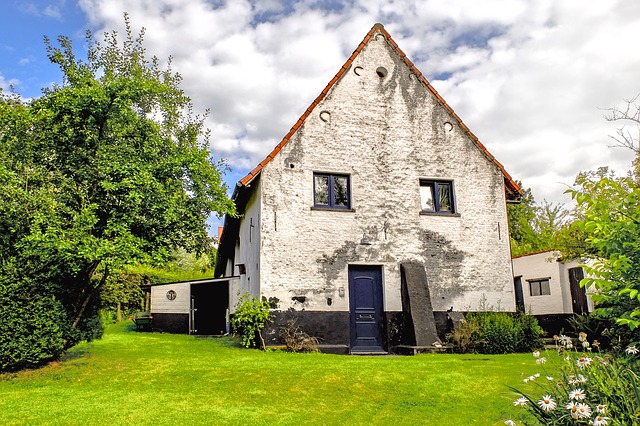Introduction
In Washington State, the distinction between a guest and a tenant is important when it comes to legal rights and responsibilities. Understanding when a guest becomes a tenant is crucial for both landlords and tenants to ensure compliance with the law. This article will delve into the factors that determine when a guest becomes a tenant in Washington State.
Definition of a Tenant
To determine when a guest becomes a tenant, it is essential to understand the legal definition of a tenant in Washington State. According to the Residential Landlord-Tenant Act (RLTA), a tenant is a person who has the right to occupy a rental unit, whether through a written or oral agreement, for residential purposes. The agreement can be for a fixed term or on a month-to-month basis.
Length of Stay
The length of a guest’s stay is one of the factors that can determine when they become a tenant. In Washington State, if a guest stays for a prolonged period, typically over 14 consecutive days, they may be considered a tenant. This is because an extended stay suggests that the guest has established a more permanent residence rather than a temporary visit.
Payment of Rent
The payment of rent is another crucial factor in determining when a guest becomes a tenant. If a guest starts contributing financially towards the cost of living in the rental unit, they may be considered a tenant. This includes situations where the guest pays a portion of the rent or utilities directly to the landlord or the tenant who signed the lease agreement.
Intent to Occupy
The intent to occupy the rental unit is an important factor in distinguishing between a guest and a tenant. If a guest expresses an intention to stay in the rental unit for an extended period, it may indicate their intent to become a tenant. This intent can be demonstrated through verbal or written statements, such as expressing a desire to make the rental unit their permanent residence.
Use of Facilities
The use of facilities within the rental unit can also contribute to determining when a guest becomes a tenant. If a guest has unrestricted access to the amenities and facilities provided by the landlord, such as parking spaces, laundry facilities, or common areas, it may suggest that they have become a tenant with associated rights and responsibilities.
Conclusion
Determining when a guest becomes a tenant in Washington State involves considering various factors, such as the length of stay, payment of rent, intent to occupy, and use of facilities. Landlords and tenants should be aware of these factors to ensure compliance with the law and to avoid any misunderstandings or legal disputes. By understanding the distinction between a guest and a tenant, both parties can establish clear expectations and maintain a harmonious landlord-tenant relationship.
References
– Washington State Legislature: app.leg.wa.gov/RCW/default.aspx?cite=59.18
– Tenant Union: tenantunion.uregina.ca/rights-and-responsibilities/tenant-rights-and-responsibilities-in-washington-state/











